Superannuation tax: Assets sale fear to pay for Labor’s changes
The government’s plan risks creating the perverse outcome of taxing the increased paper value of an asset that hasn’t been sold.
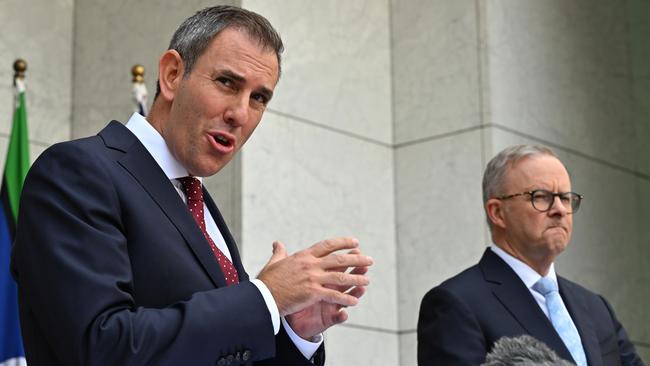
Australians with large super balances could be forced to sell assets to raise the cash to pay tax levied on notional gains in their nest eggs under the Albanese government’s proposed changes.
The proposal – unlike any other tax – risks creating the perverse outcome by taxing the increased paper value of an asset that had not been sold.
If the person holding the asset doesn’t have the cash to pay the tax bill, they might have to sell up to get the money.
The warning comes as one of the country’s largest super funds with tens of thousands of defined benefit members has also warned of “unintended consequences” from the government’s proposal to slug large account balances with additional tax.
In a fact sheet released this week from Treasury, the proposed formula for calculating earnings on super balances above the $3m balance threshold - that would then be taxed at 30 per cent rather than 15 per cent - “includes all notional (unrealised) gains and losses”.
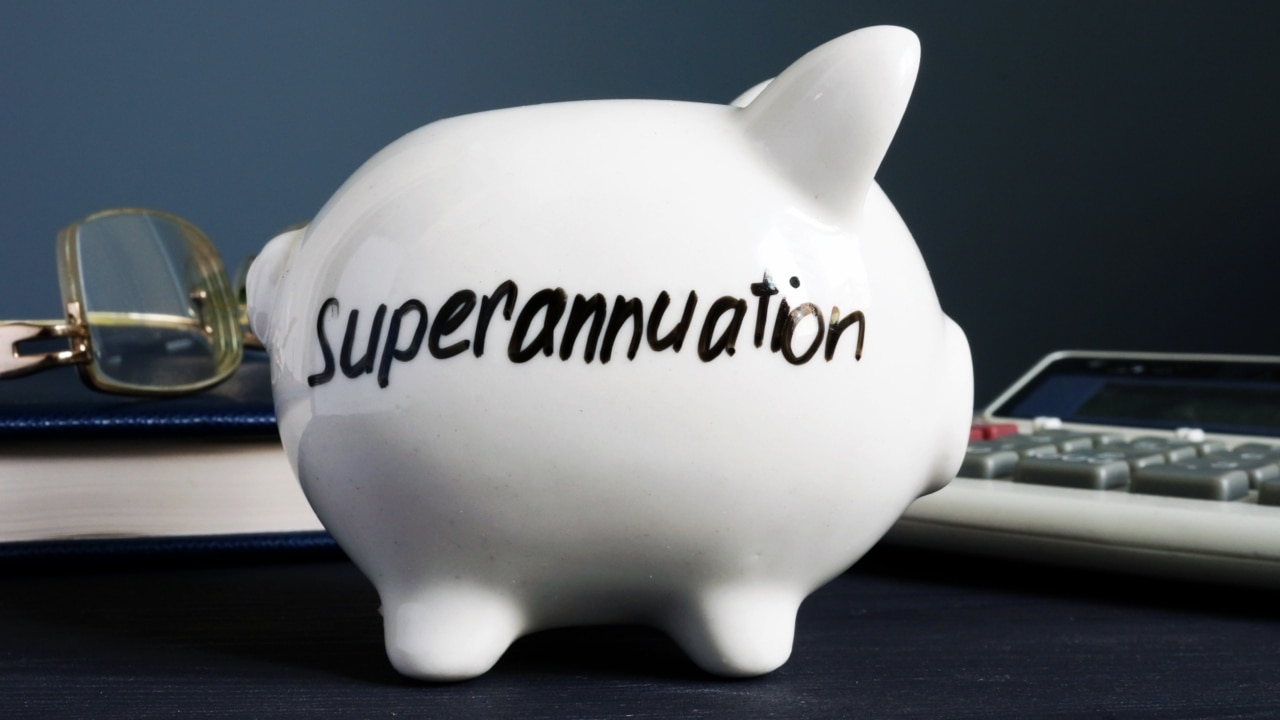
Bob Breunig, director of the ANU’s Tax and Transfer Institute, said this approach would clash with established accounting principals, and risked creating perverse outcomes for individual outcomes. “With capital gains, we don’t tax the increased value of your shares each year, we only tax when you realise the gain … it appears that they want to tax unrealised gains rather than taxation upon sale,” he said.
“You could allow people to withdraw money from the fund to pay the additional tax. The problem, and what is not stated (in the Treasury fact sheet), is that a lot of people hold property in their SMSF and it’s hard to sell a tiny bit of property to pay a tax bill.”
A high proportion of large super balances eligible for the government’s increased tax are held within self-managed super funds, or SMSFs.
“If the assets in the SMSF are very illiquid, this could put people in real difficulty such as having to sell property when they don’t want to just to pay a small amount of tax,” Professor Breunig said.
“You could let people accumulate the tax due to pay at realisation but then you are back to taxing on realisation rather than accrual. I can see the problem.”

Treasury has estimated that hitting the 80,000 Australians predicted to have super balances of above $3m would raise $2bn in the first financial year the new rules are applied, in 2025-26.
However, Professor Breunig said adjusting the formula to avoid the unusual situation of taxing unrealised asset gains “would affect the estimate of new tax revenue”.
Andrew Boal, chairman of the Actuaries Institute’s retirement strategy group, agreed that the formula as proposed “could in some instances cause some cash flow problems for some funds, particularly SMSFs.
“If you’ve got an SMSF with 45 per cent in property, 45 per cent in shares, and 10 per cent in cash and they have to pay tax on some unrealised gains, they may need to sell some of the shares to pay the tax,” he said.
“That’s why in the past capital gains tax has typically been paid when you realise the asset, because that’s when you have the cash to pay the tax.
“It’s not a great outcome. But maybe the idea is that if you’ve got more than $3m in super, you just cop it and that’s just now the way of the game.”
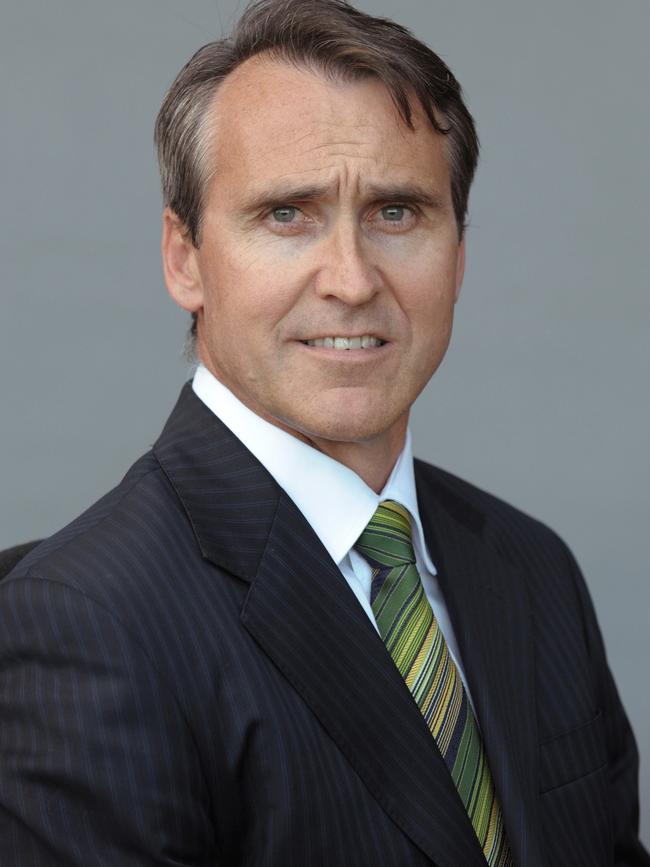
Mr Boal also raised the issue of double taxation, on notional gains and at the time of sale.
“Treasury needs to outline the approach, and there needs to be advice given on how to adjust the treatment of realised gains down the track to so there’s no double accounting,” he said.
UniSuper has around 80,000 DB members, and is waiting on the detail to identify the number likely to be affected under the super changes.
Chief executive Peter Chun said “it now falls to government to provide further detail, and for Treasury to engage with funds to identify any unintended consequences that may arise, particularly for defined benefit members”. “The government’s announcement raises many questions for funds like UniSuper, with a significant number of members in our defined benefit division - including members who are still working and those who have retired. The government must consult genuinely with industry to avoid unintentional consequences and maintain equity within the system,” Mr Chun said.
“Care must be taken to avoid adding to the administrative burden, and therefore additional costs for members.”
Mr Chun’s comments come as experts said DB members expecting to receive $150,000 or more in retirement could be caught up in the Albanese government’s move to limit super tax concessions for the wealthiest Australians.
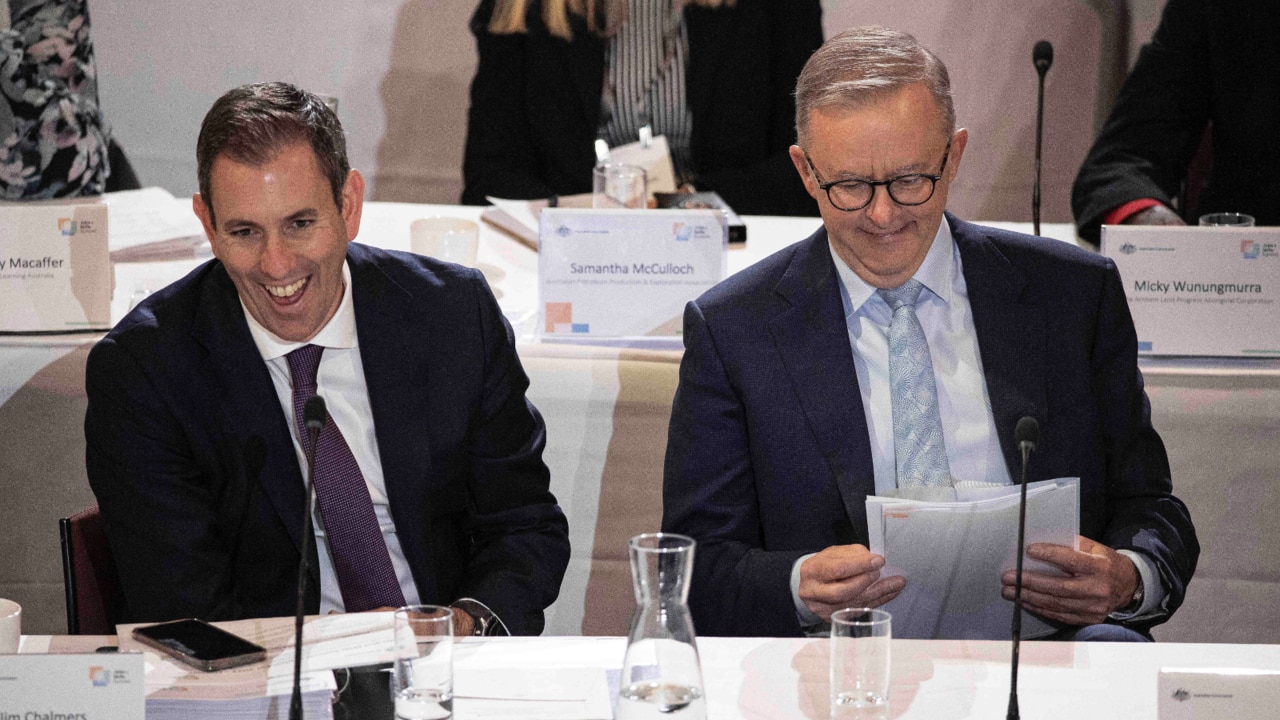
They say several unresolved issues remain when it comes to applying higher tax rates on earnings above $3m, but it would be possible - and in some cases straightforward - for super funds to identify DB members, such as senior civil servants in older commonwealth public sector funds, who would be affected by the proposed changes.
UNSW Business School associate professor Anthony Asher said for an individual who intends to retire at 65 and lives for another 25 years, a $3m super balance would generate an income in retirement of about $150,000.
Dr Asher said the proposed changes were reasonable, but “what I would be most concerned about is that it shouldn’t be too complex.
“The system is already very complex.
“They really should take it to proper impact studies and have a good look to make it consistent with other limits and caps,” he said.
Mr Boal said for somebody expecting to live 20 years beyond the pension age, an income of $200,000 would be equivalent to a $3m super balance.
He said identifying affected DB members “is not a problem”.
More Coverage
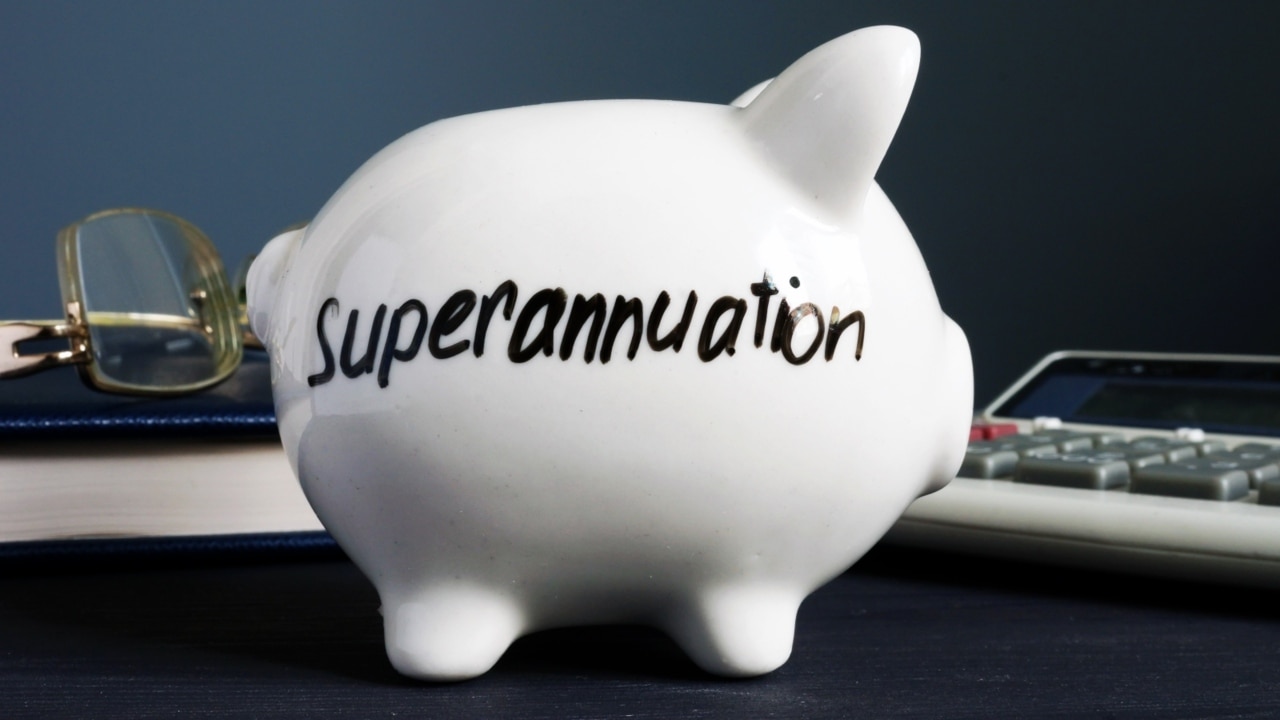




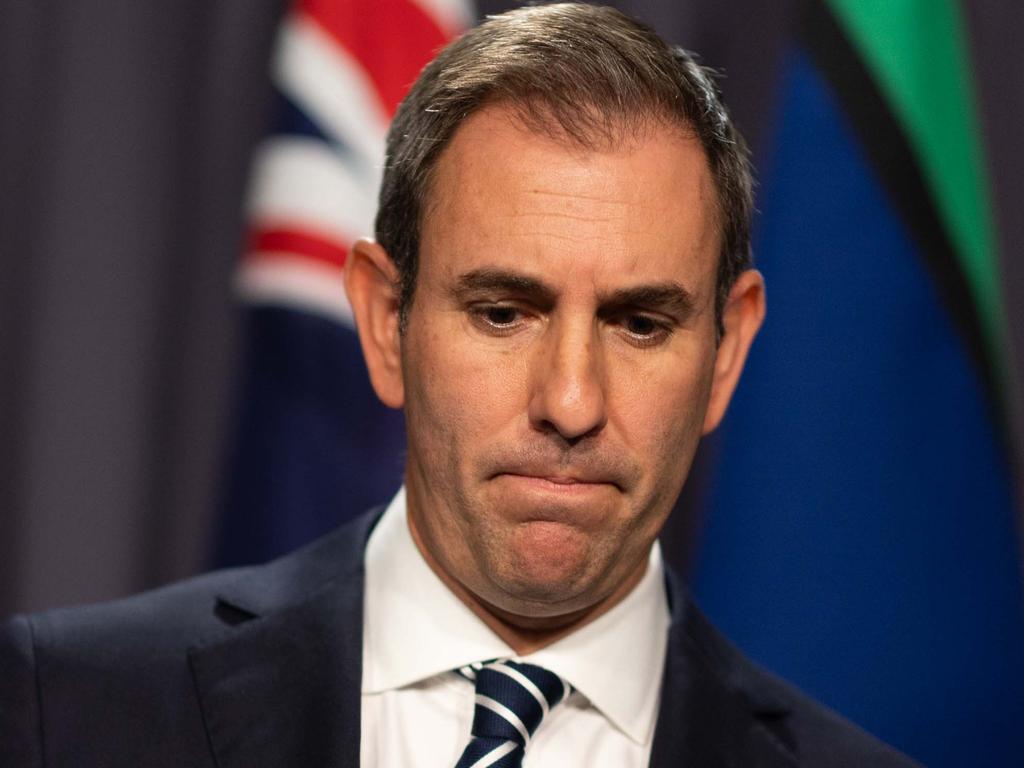



To join the conversation, please log in. Don't have an account? Register
Join the conversation, you are commenting as Logout